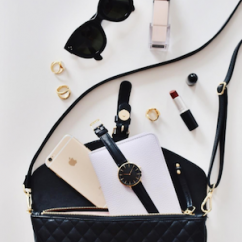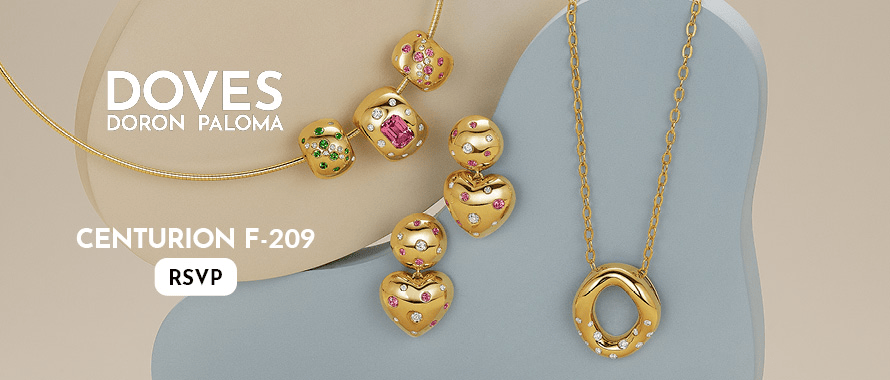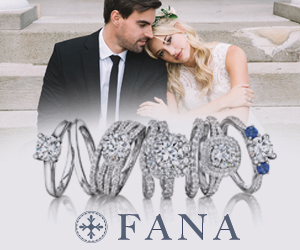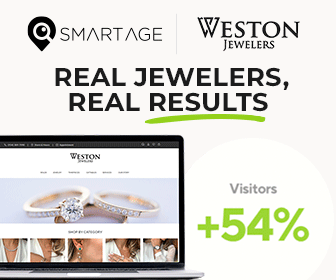Sales Strategy
Are You Ready To Sell To Customers Who Have New Priorities? | November 18, 2020 (0 comments)

Palm Beach, FL—The coronavirus pandemic has forced a reset in consumers’ purchasing behavior across the globe and at every income level, says a whitepaper from the American Marketing Group. Image: American Marketing Group
But even with this month’s promising news of two potentially imminent vaccines, some of the spending shifts spurred by the pandemic may be permanent. A “new normal” might be right around the corner, but the report maintains the U.S. luxury market is going to be altered by profound changes to the affluent consumer’s mindset, priorities, and values. The whitepaper was co-authored by luxury market researcher Pamela Danziger, marketing and branding expert Paul Friedrichsen, and marketing technologist and sales strategist Christopher Ramey.
In a word: less is more. Luxury retailers and marketers should prepare for affluent consumers to shift to looking at luxury as an occasional indulgence in discreet luxuries where high quality and long-lasting utility takes precedence.
But nothing happens in a vacuum. Just as the pandemic has hastened other retail trends already occurring, a shift in luxury spending behavior such as the whitepaper outlines does fit neatly with three trends that were already occurring long before the pandemic hit: rising concerns about sustainability, wellbeing, and a desire to de-clutter.
Related: De Beers 2020 Diamond Insight Report Explores Consumer Opportunity In The ‘New Normal’
White-collar professionals and creative-class affluents will make a dramatic shift toward wellbeing, says the report. This will happen in multiple ways: physical, emotional, and financial health and security. Wellness and sustainability are going to be micro-trends within this overarching focus on wellbeing.
Again, the wellness trend began before the pandemic—one of the key drivers of smart watch sales has been their health monitoring aspects—but current events have amplified and expanded the trend. Likewise, sustainability (in the jewelry industry and otherwise) has been an important conversation in every retail category for a decade or more, and it’s also a key driver of the rocketing resale market.
Being forced to hit “pause” during the lockdowns has not only brought these topics to the fore, but also caused consumers to realize that blatant consumerism doesn’t necessarily make them any happier. Going forward, affluent consumers’ purchasing behavior is going to be more mindful and meaningful. Consumers will continue to purchase but their choices will be carefully considered with an eye toward these value attributes.
After the initial lockdowns, which threw everything into a cone of uncertainty, jewelry has emerged not much worse for wear—if not, in fact, better off than before, as the impact of the pandemic has driven home consumers’ emotional ties to loved ones and the things that matter most to them. Christopher Ramey of The Home Trust International, a high-end home design resource network, fully expects emotional expression to remain a key driver post-COVID.
“Emotion is the platform for luxury. That never changes,” he told The Centurion. It’s one of the core laws of luxury and it transcends all categories, whether jewelry or home design or experiences.

Chris Ramey
Pent-up demand may drive spikes in luxury purchasing early in the recovery, but Michael Baer, senior vice president and managing director of U.S. Ipsos Affluent Intelligence said in the report that after the 2008-2009 recession, some of the longer-term spending shifts in fashion, for instance, didn’t happen until the recovery was already underway.
The key takeaway, Baer says, is to recognize that consumers are going through anxiety, which will in turn lead to behavioral shifts that won’t likely snap back to pre-crisis norms even after the crisis has passed.
But now, several months after the whitepaper was initially published, Ramey feels some of that anxiety is dissipating. “Fear drives need for wellbeing. My perception is the fear we felt six months ago is fading. We’ve learned to know and better understand the enemy,” he told The Centurion.
Just as De Beers’ research has found that diamonds have picked up share of market from unspent travel dollars during the pandemic, Ramey says housing and [home] design have been beneficiaries too. Experiential spending like travel and entertainment is likely to experience a surge in pent-up demand once the pandemic is over—potentially siphoning dollars away from the categories that are benefiting now—but, as Ramey says, “Ultimately, share of wallet will be determined by the brands and industries that create desire. It is always about emotion.”
Download the full whitepaper here.






